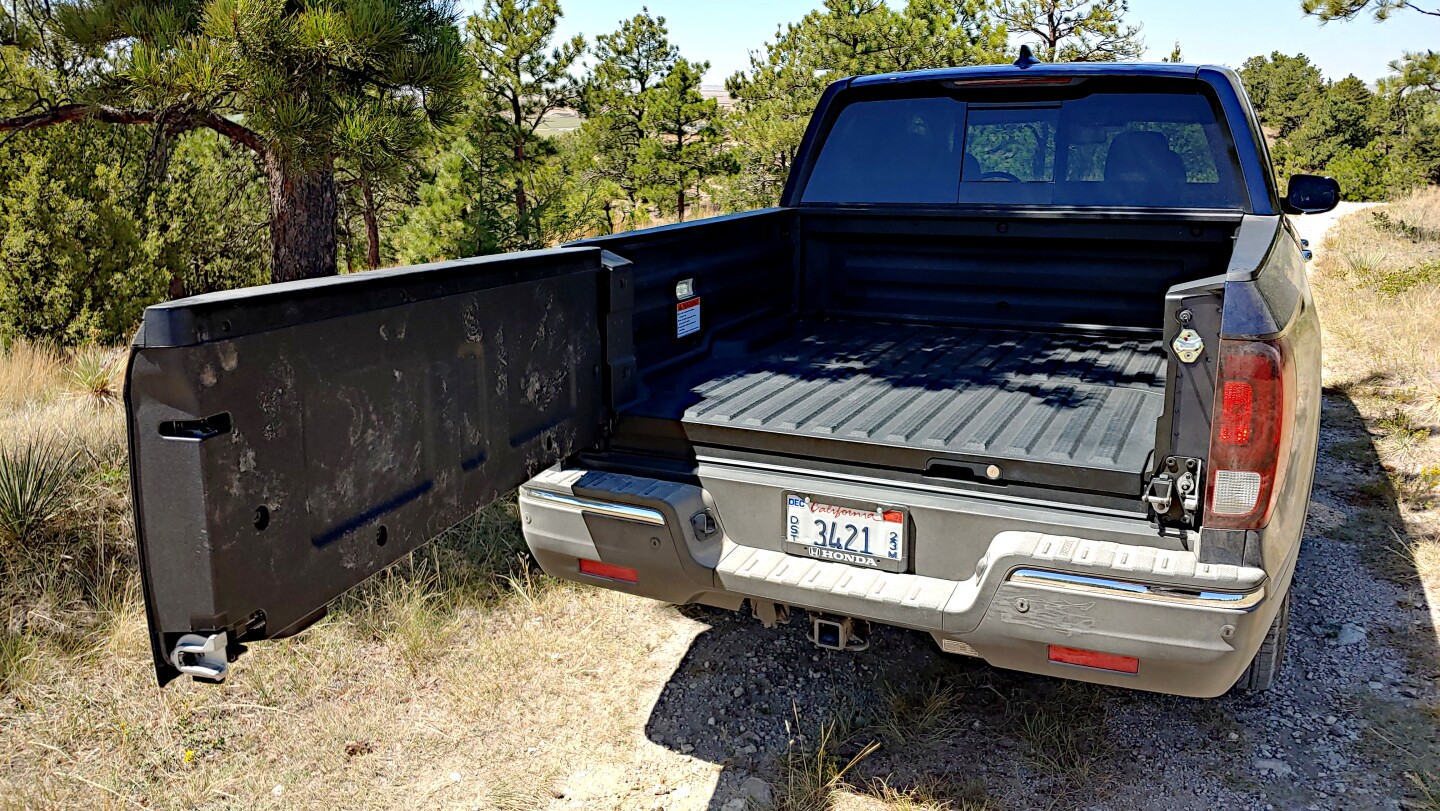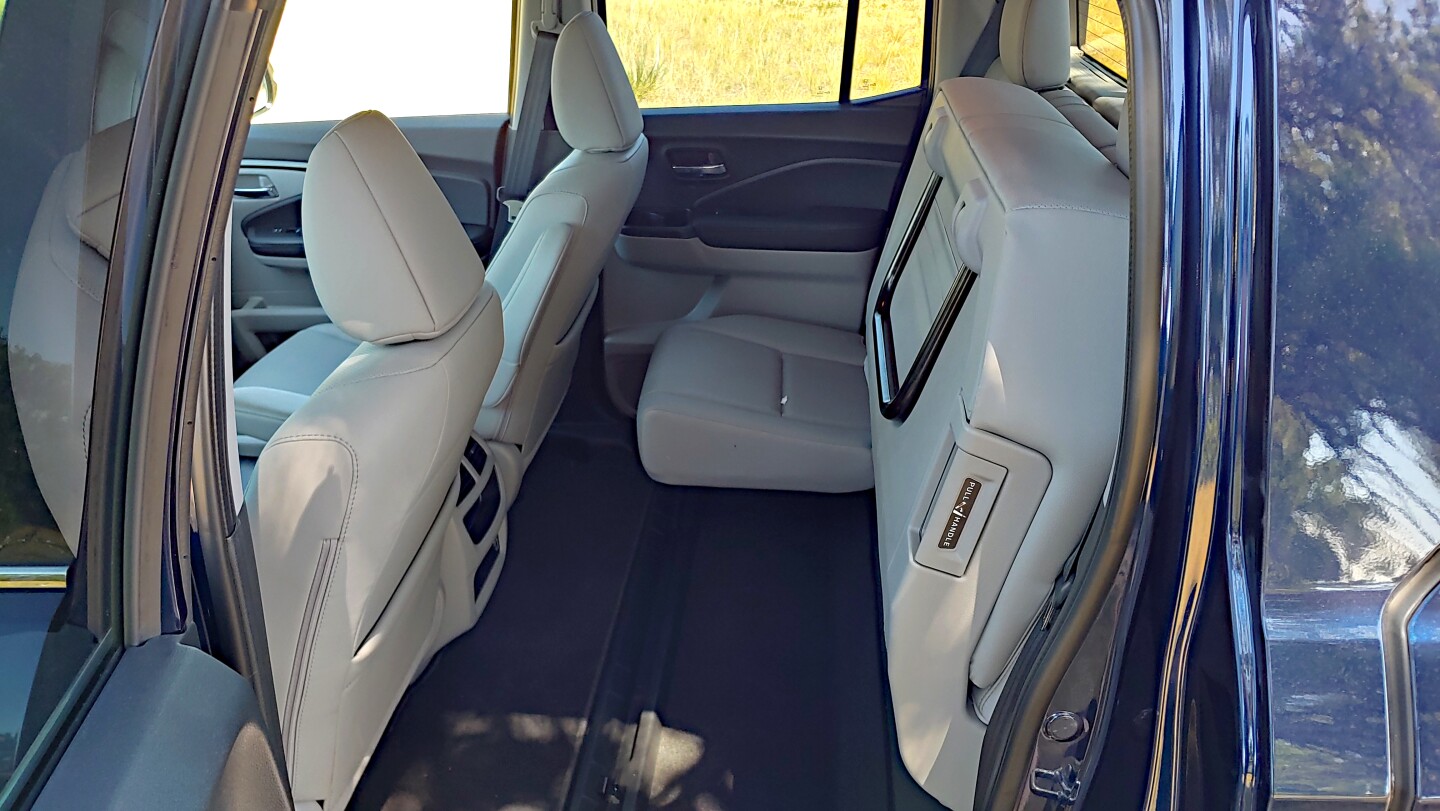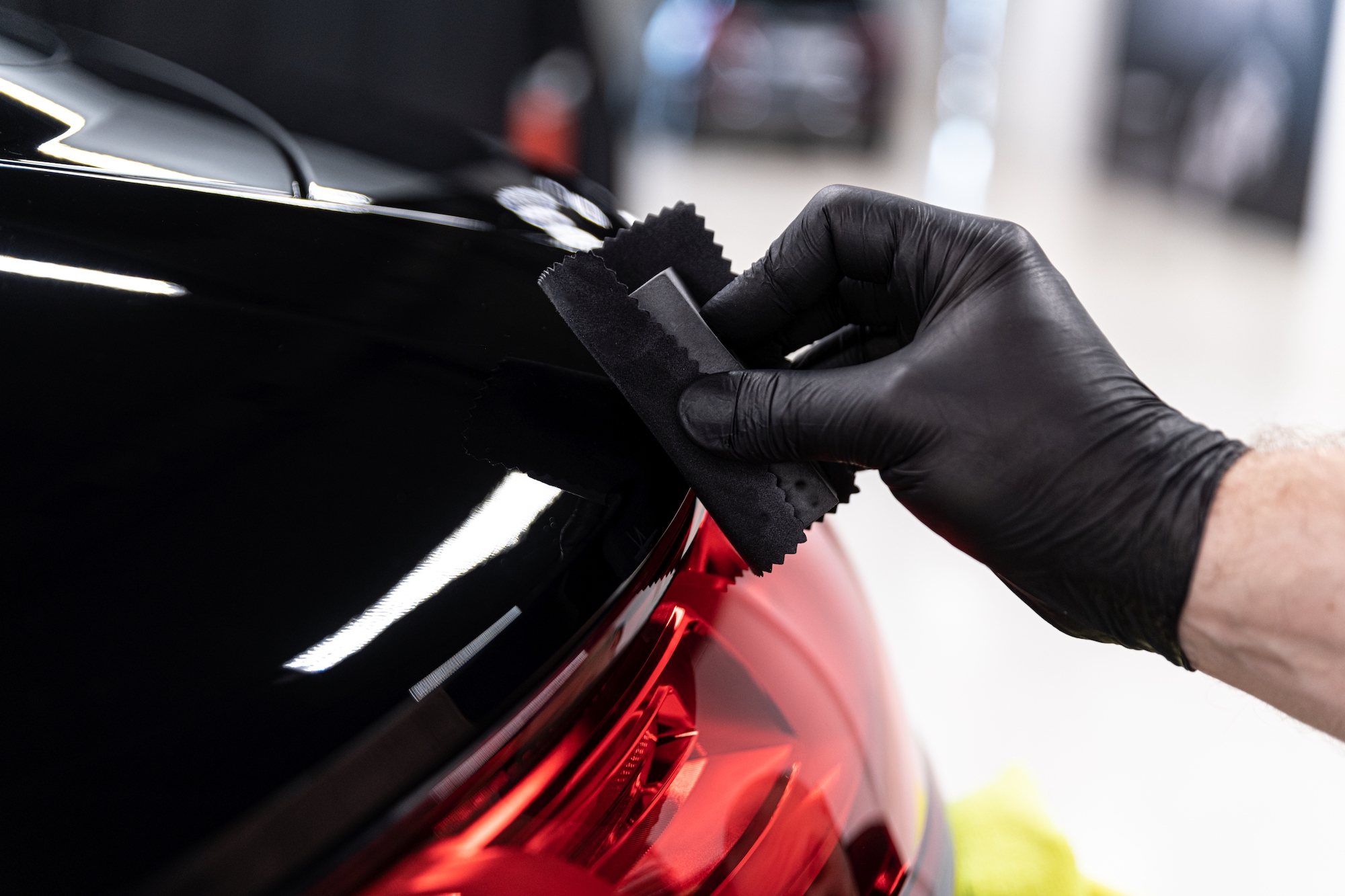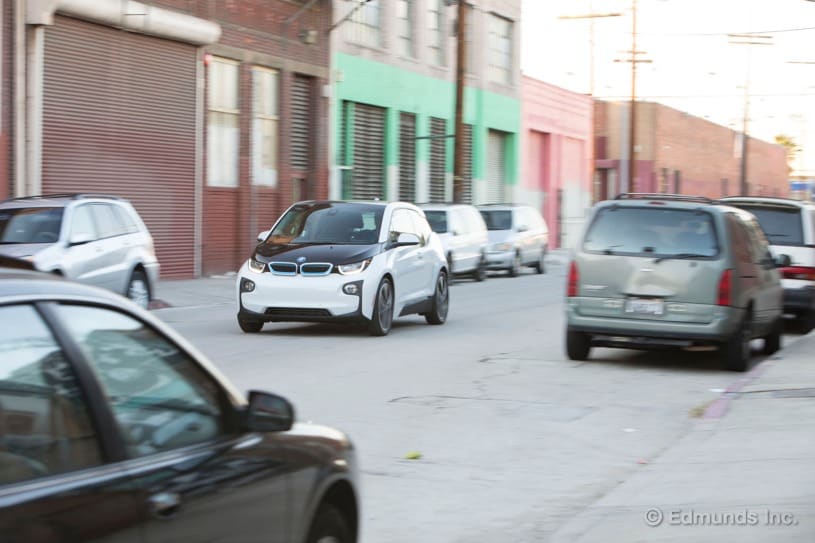Oft-overlooked 2020 Honda Ridgeline hits so many marks
The 2020 Honda Ridgeline is often overlooked as an option in America’s vast field of pickup truck offerings. Yet it’s one of the better ones in the midsized category for a lot of reasons. For 2020, Honda added a better transmission and more technology as standard.
At a Glance
- Great ute-style truck with plenty of usefulness that can outshine the competition.
- New nine-speed transmission improves real-world fuel economy and drive appeal.
- Full safety suite of advanced safety items now standard.
- Extremely useful cargo bed and a huge interior.
The Honda Ridgeline is the only utility truck (“ute”) available in the U.S., but will soon face competition from others seeking to get in on the lucrative pickup truck market. Where most pickup trucks are based on a body-on-frame structure that sees a body riding on top of a solid frame, the Ridgeline is like most crossovers and cars, with a unibody design that combines the chassis and body framing into companion units. This gives the Ridgeline the driving and handling qualities of a car, the safety of a crossover, and the carrying capabilities of a pickup.
Based heavily on the Pilot and Passport crossover-SUVs, the 2020 Ridgeline has a similar grille and body design. Its interior is also very much akin to the Pilot, with which it also shares a powertrain. That 3.5-liter V6 is a good engine, offering 280 horsepower (208.7 kW) to a new nine-speed automatic transmission. That transmission replaces a six-speed that, while good, was at times a little clunky in its gear searching. The new transmission also improves the feel of the Ridgeline when under load or towing.

Aaron Turpen / New Atlas
Speaking of hauling loads, the Ridgeline’s two-directional tailgate is extremely handy for loading and unloading. It swings down in the traditional way, but also swings outward to the left (away from the curb) for easier access to the bed. Underneath that bed, at the front, is a large tub that opens upward to allow a lot of storage inside and is also equipped with drain plugs so it can become an icebox or easily handle spills when required. It’s an extra 7.3 cubic feet (206.7 L) of storage that’s lockable and waterproof.
The truck’s bed, of course, is where it’s at and the Ridgeline sports 5 ft 4 in (1.6 m) of length and 4 ft 2 in (1.26 m) in width between the wheel wells. For those counting, yes, that means a full sheet of plywood or wallboard will fit between the wheel wells (flat on the bed floor) and with the tailgate down, that material will have 6 ft 11 in (2.1 m) of support lengthwise. That means the Ridgeline will definitely carry your home improvement store load back to the house.
The 2020 Honda Ridgeline has a payload capacity of 1,465 lb (664.5 kg) in front-wheel drive models and 1,580 lb (716.6 kg) in all-wheel drive models. Meanwhile, an integrated tow hitch receiver below the rear bumper is standard on the vehicle, which is rated to tow up to 3,500 lb (1,587.5 kg) in front-wheel drive models and 5,000 lb (2,268 kg) in AWD models. Those numbers are smaller than some other midsized pickups, but not by very much. The Tacoma, the best-selling midsized truck, has a maximum tow rating of about 6,800 lb (3,084 kg), but only in specific configurations. Most midsized trucks are in the 3,500-to-5,000-lb range for towing.
Where the Ridgeline falls short of other midsized trucks is in its off-road capability. By design, the Honda has around 8 in (20 cm) less ground clearance than most competitors, and though its AWD system is rugged, it’s not as rough-and-ready as is a true 4×4 system with a low-range transfer case and body design with steep approach and departure angles. This, along with some body changes, will be the biggest change for the 2021 model year Ridgeline, which Honda is really emphasizing off-road capability for.
But it’s doubtful that Ridgeline buyers are interested in off-pavement prowess. The real appeal of the Ridgeline is its spacious interior, very useful cargo bed, and well-mannered daily drive characteristics. It’s comfortable, has a bigger interior than anything else in its class, and drives like a car for easy around-town maneuvering.

Aaron Turpen / New Atlas
New for the 2020 model year is Honda Safety Sense as standard in all Ridgeline models, adding forward collision warning and automatic braking and other safety technologies to the truck. Also new is Apple CarPlay and Android Auto as standard for the infotainment. The touchscreen in the Ridgeline is a little clunky to use at times, but adding Android Auto (we did not try CarPlay) greatly improves that experience – especially in navigation screens.
The 2020 Honda Ridgeline is a great option in small pickup trucks. It often gets ignored or scoffed at for “not being a truck,” but anyone who objectively considers this one can see that it definitely fits the bill and probably matches what most urban and suburban small truck buyers really need. It’ll make those hardware store runs, help friends move, and tow the lake toys as will any midsized truck. Yet it’s also comfortable as a daily driver, can truly seat five adults, and gets up to 26 mpg (9.04 l/100km) on the highway. We noted that with the nine-speed automatic, that 26 mpg is very real-life doable. Conversely, we’ve struggled to see the EPA ratings for other midsized trucks be realized in the real world.
The 2020 Ridgeline has a base price of US$33,900 in front-wheel drive and $36,140 in all-wheel drive.
Product Page: 2020 Honda Ridgeline








